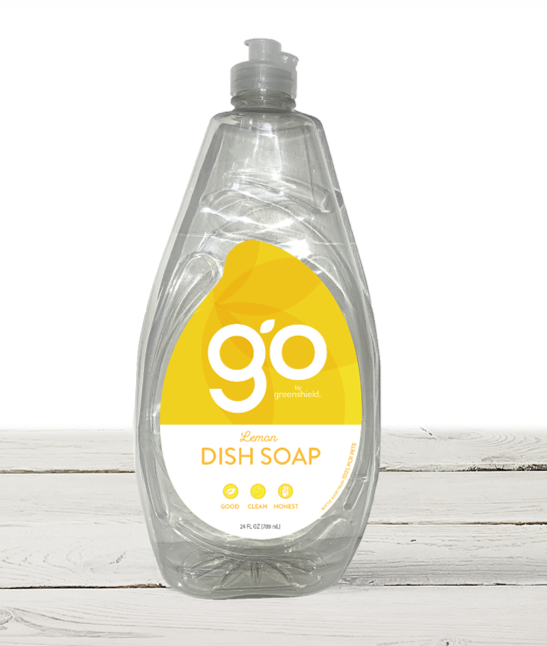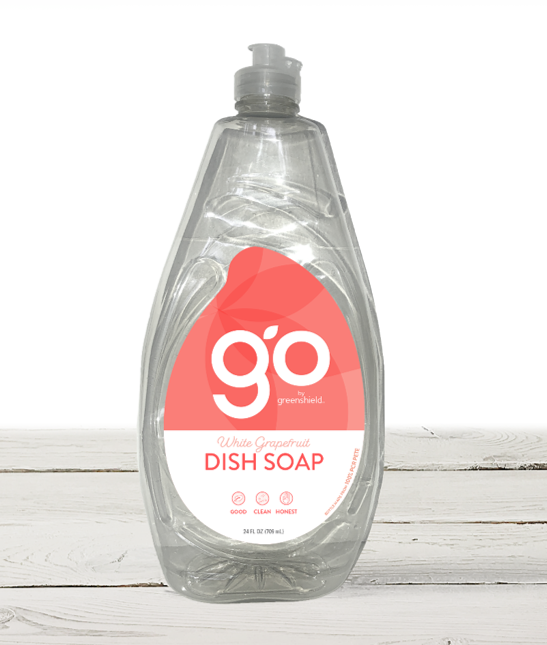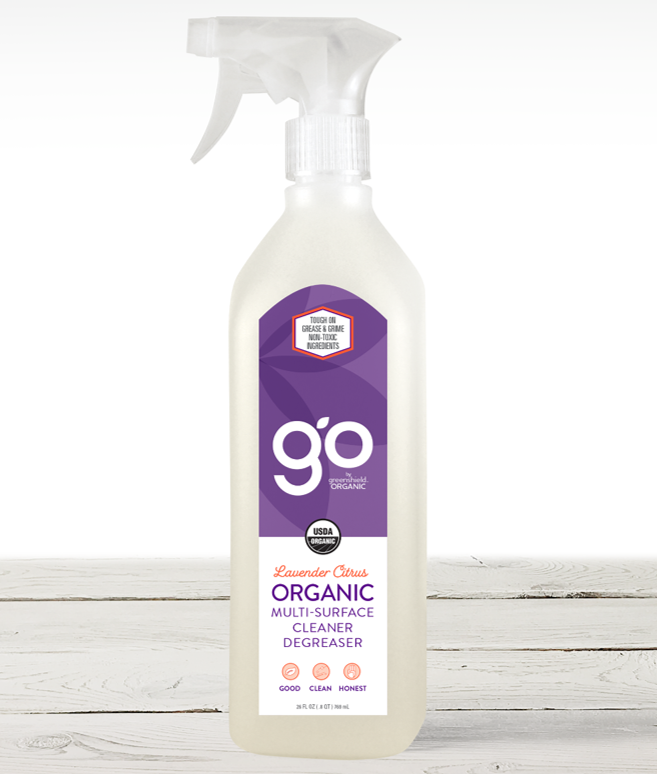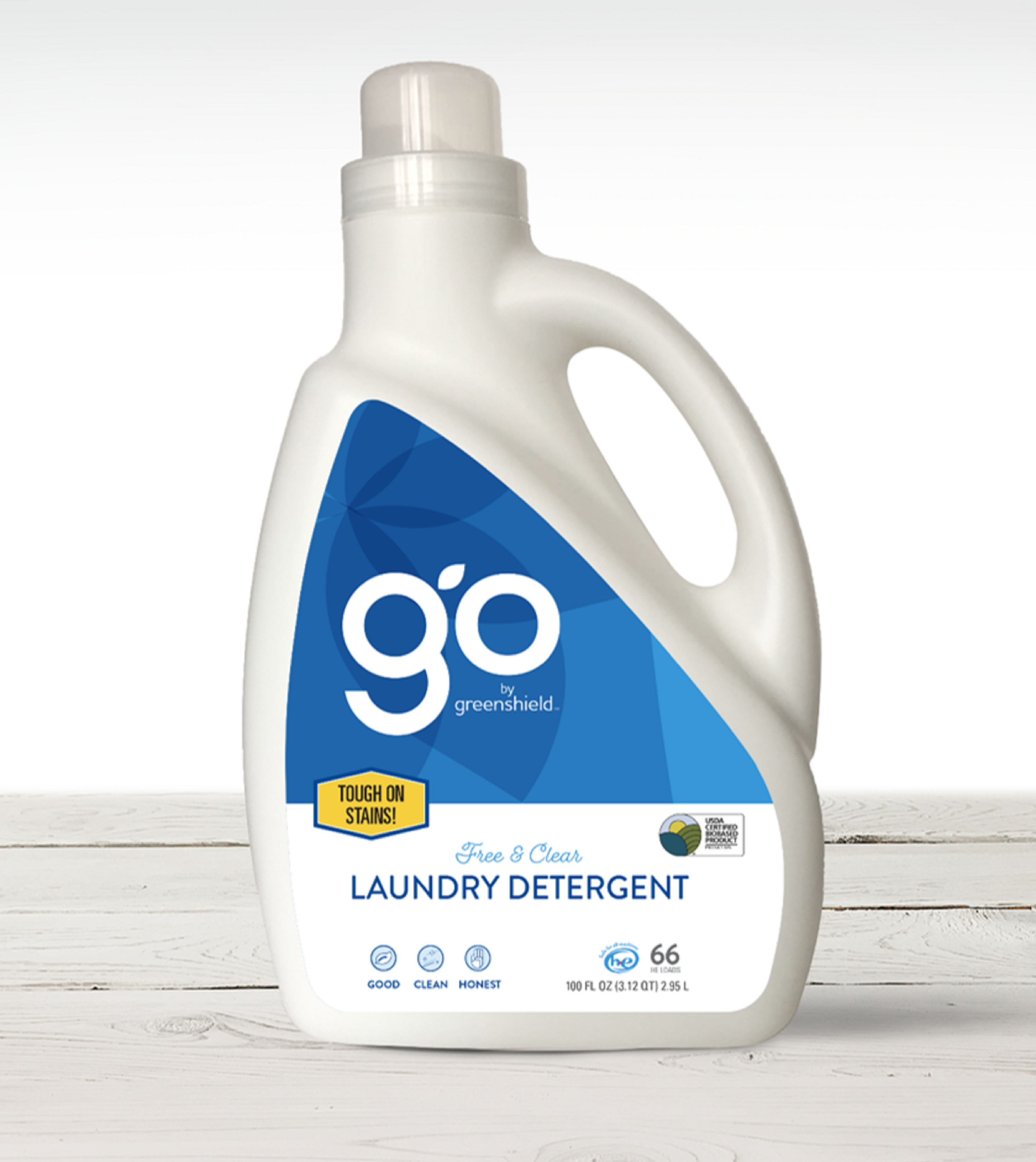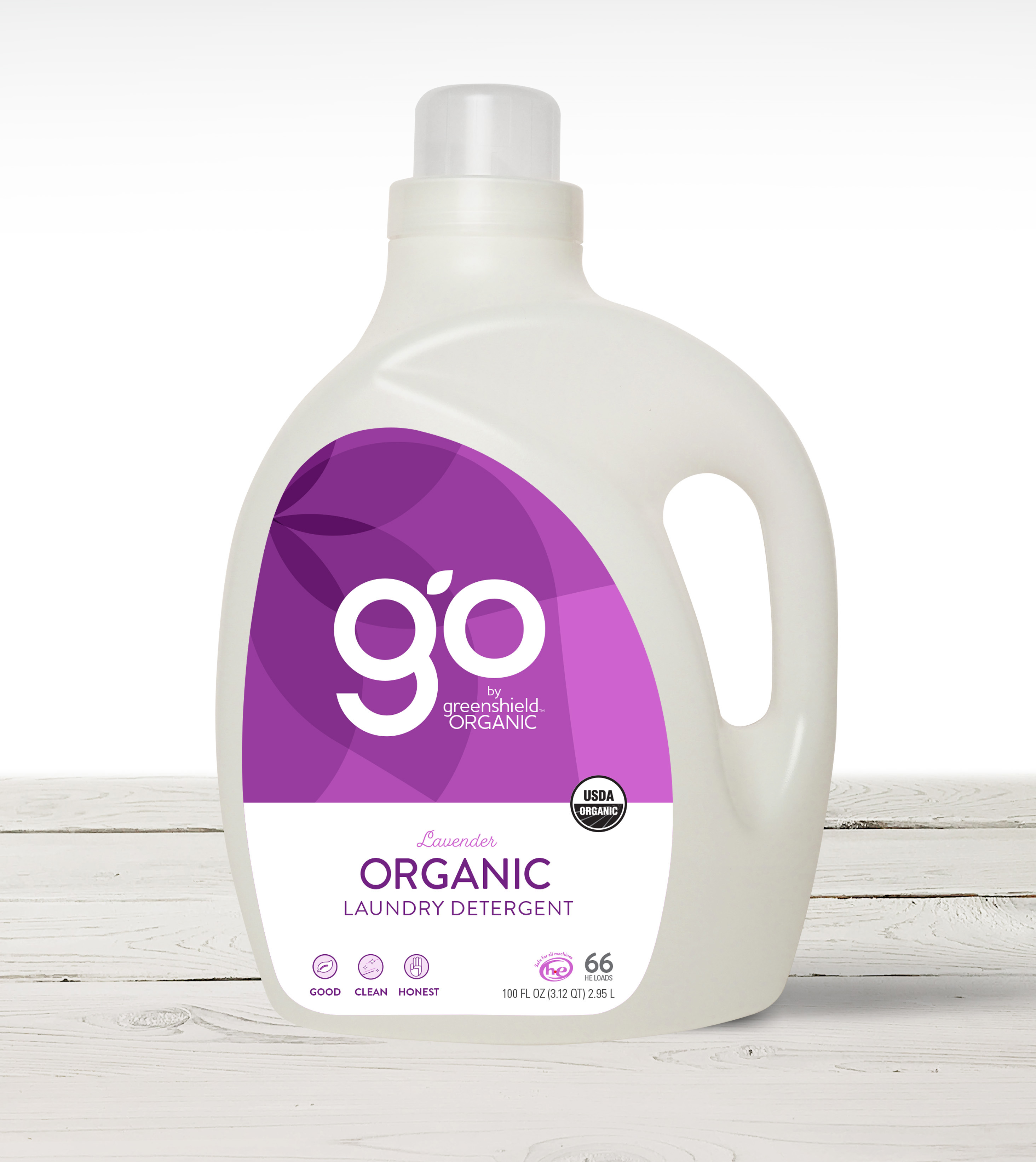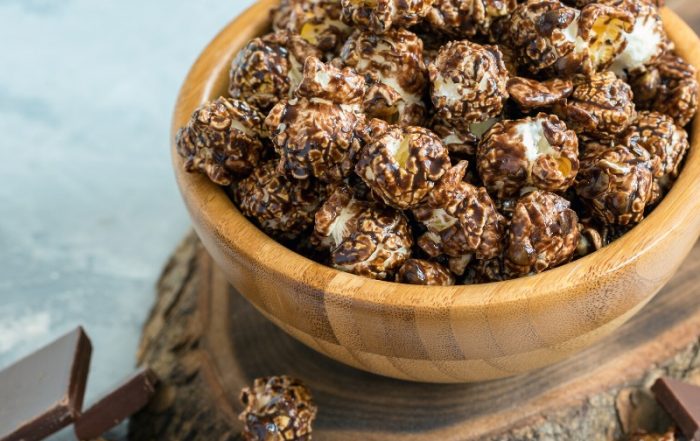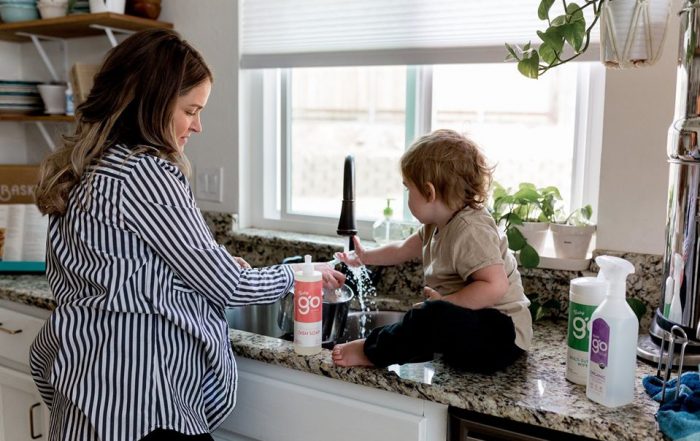5 Recycling FAQs You Need to Know, Even If You Already Recycle
Recycling is a wonderful tool that minimizes waste and reduces environmental pollution, especially when paired with daily routines like choosing reusable containers over disposable plastics, up-cycling and consuming less.
Recycling has come a long way since it got its start in the 70s, making it more efficient than ever. In fact, today it is estimated to take the same amount of energy to make one new aluminum can as it does to recycle 20.
But with a new diversity of materials and plastic grades entering the market, recycling has also become more confusing than ever.

While every municipality differs on how their recycling facilities manage certain materials, there are a few common recycling questions that even the seasoned recycler may not know the answer to.
Step up your recycling game and test your knowledge below to see if you know the answers to these 5 Recycling Frequently Asked Questions:
Do caps and bottles need to be separated?
No more are the days of having to separate plastic caps from their bottles. Today, many recycling plants are equipped to sort plastic bottles and caps into separate recycling streams.
In fact, in some cases separating small caps can actually be worse. Unscrewed caps are harder for sorters to spot, can easily slip through sorting lines and can wind up in the landfill anyways.

When it comes to our caps and spray triggers, we recommend leaving them attached and letting the experts do the sorting, or contact your local recycling center to determine if they will accepted them, and if not, find out who does.
Our “naked” bottles are 100% recyclable, made with a combination of sustainable sugar cane and high-density polyethylene (HDPE) plastic #2. Our caps and spray bottle triggers are also 100% recyclable, and are made with polypropylene #5.
Is rinsing recyclables necessary anymore?
It is important to check service requirements at your local recycling plant to see if items are treated and cleaned during processing. Many recycling plants sort and rinse some, if not all recyclables taking the onus off consumers to clean them prior to disposal. However, your plant may only rinse certain types of material or maybe none at all.
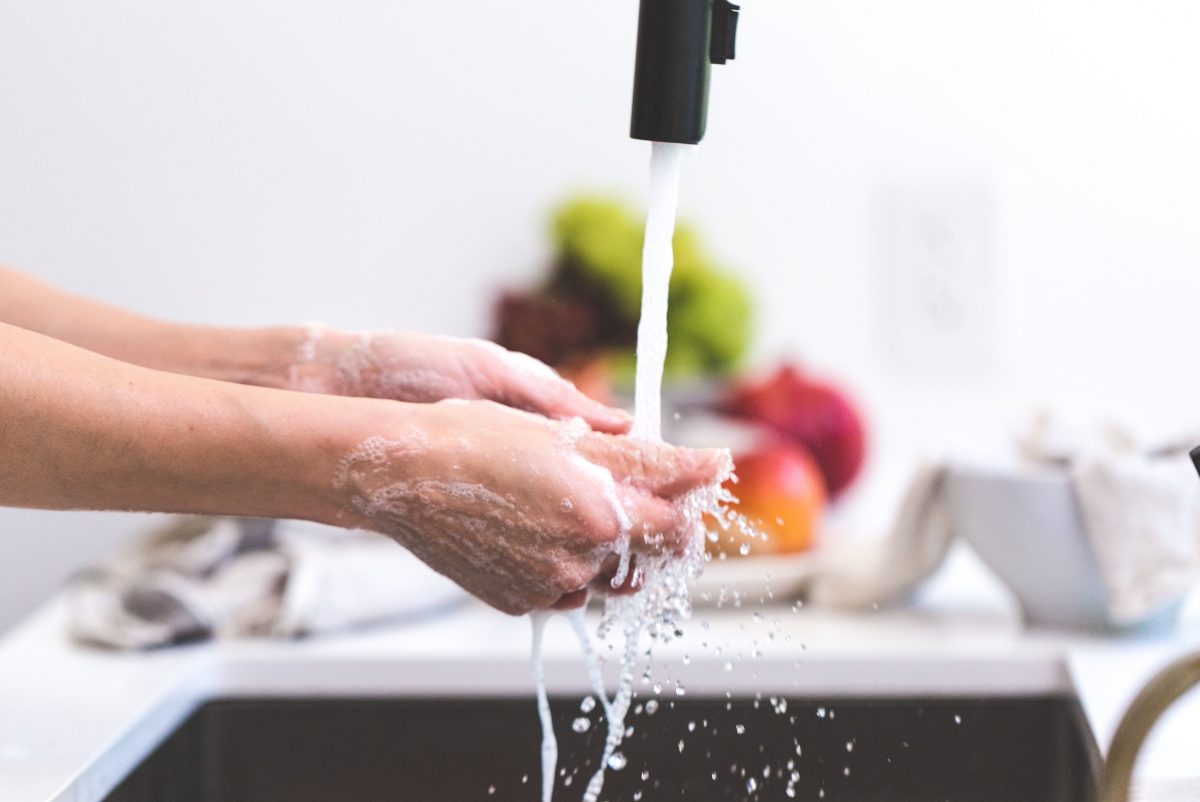
When left unclean some items can potentially be a concern for contamination, and often lead to lower efficiency. Even though states differ in this requirement, a good rule of thumb is to simply get in the habit of rinsing out food and liquid from containers to ensure they are always accepted.
Are plastic bags recyclable?
Yes, plastic shopping bags are typically made of #2 and #4 plastic which is fully recyclable. However, avoid mixing plastic bags with your other recyclables, as they may not be accepted at your local recycling plant alongside other items in your bin.
Plastic bags can cause a number of issues for many recycling plants. During processing, plastic bags often jam recycling equipment and can contaminate paper bales. They can also cause problems at compost facilities, and when thrown away they can blow off of landfills further polluting our environment.
Properly dispose of plastic bags by leaving them at grocery store drop drop-off locations or other recyclable collection programs in your area so that plastic baggies have a chance to live a second life.
Our best advice?
Avoid plastic bags altogether and invest in reusable totes to carry groceries and items when shopping. Plain cotton fabric totes are our favorite because they are made of fully compostable and durable natural fibers. When your bag eventually wears out you can reuse it later in the form of nutrient-dense garden soil!
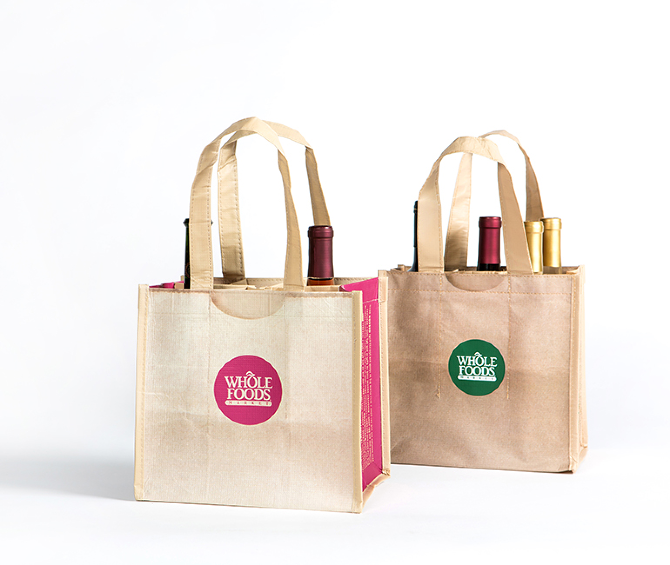
Next time you pop into a Whole Foods or other grocery store for your organic cleaning supplies, pick up a reusable tote. A few extra dollars can help reduce a lot of waste.
Are cartons recyclable?
Many cartons, like those used for juice and milk, are considered hybrid recyclables and are made of a mixture of recyclable materials. Most cartons are made up of fully recyclable materials, including paper, a thin coating of polyethylene (a #4 plastic), or an inner lining of aluminum.
Many cartons are sent to paper mills to be turned into other consumer products like tissues or paper towels, while others are made into building materials.
Fact: 400 cartons can make an entire wallboard!
Today, cartons are accepted by curbside programs for about 48% of U.S. households. In fact, carton recycling has increased from 18% of US households in 2008 to 37% in 2011.
Although some recycling plants can’t accept all types of cartons due to limited processing capabilities, you can mail in your cartons at any of the following locations:
• Altogether Recycling, 645 W 53rd Place, Denver, CO 80216
• Firstar Fiber, 10330 “I” Street; Suite 100, Omaha, NE 68127
• Tidewater Fiber, 1958 Diamond Hill Road, Chesapeake, VA 23324
Carton Council offers an interactive map you can use to find out if cartons are accepted in your area.
Styrofoam is for landfills, right?
Oh Styrofoam, although you’re super convenient at many of our favorite to-go restaurants, we know you can be a bit clingy and won’t be breaking down in a landfill for over 500 years.

Get crafty with it! Turn plastic foam from shipping boxes into a cool up-cycled aircraft and let your children’s imagination soar.
Styrofoam is made from expanded polystyrene (a #6 plastic) and is easily contaminated by food and other materials which makes it particularly hard to recycle.
Although many municipalities are starting to offer recycling options for polystyrene, some are still not equipped to recycle styrofoam products. If your municipality can’t accept plastic foams, they may be able to direct you to someone who can.
There are many commercial recycling companies that work with local schools, supermarkets, hospitals, manufacturing plants, cafeterias, and individuals to recycle plastic foam.
Home For Foam’s interactive map features drop-off foam recycling centers and curbside options around the US. Other organizations helping to recycle plastic foams include Earth911, Foam Facts, and EPS Industry Alliance.
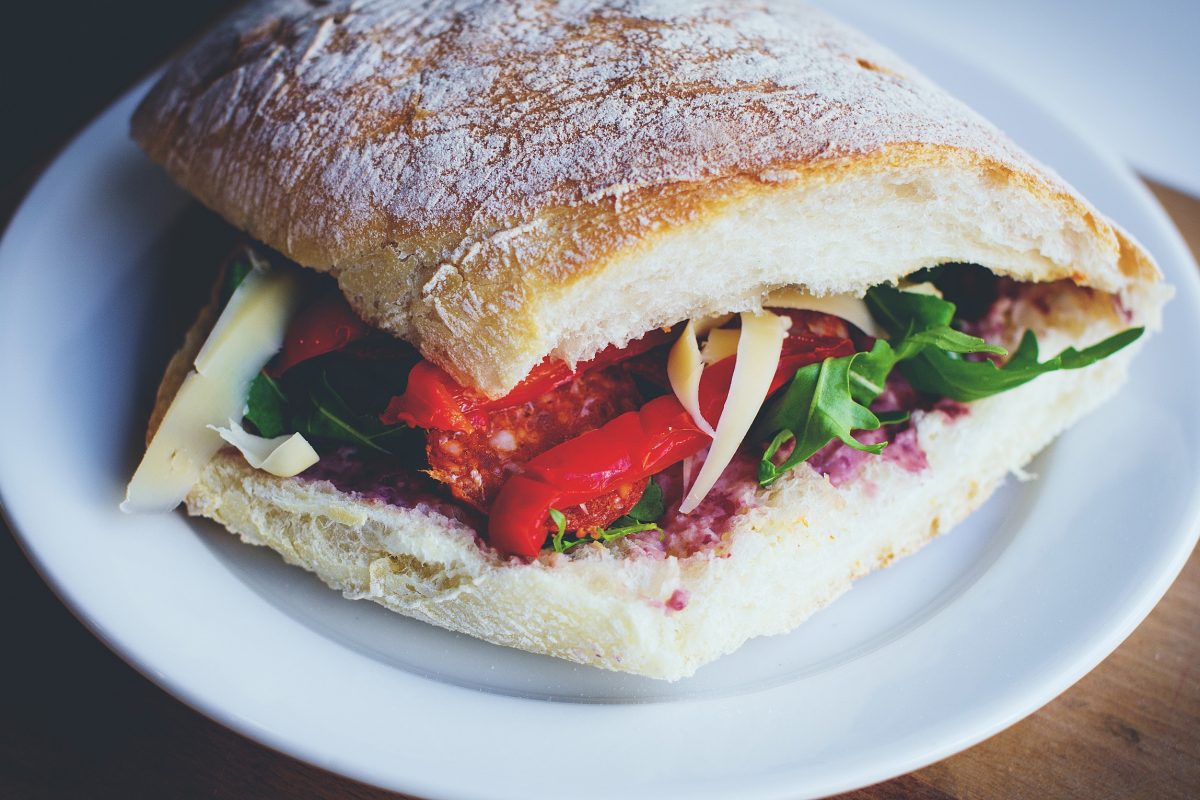
Tip of the day! Take the first step to breaking up with expanded polystyrene for good. Get up 10 minutes earlier and pack a lunch for work in a reusable container. Be sure to bring home leftovers and scraps from your meals to compost later too. Bonus: Packing a lunch saves you loads of money.
SUBSCRIBE TO OUR BLOG
RELATED ITEMS
RECENT POSTS

